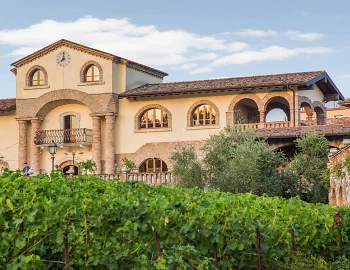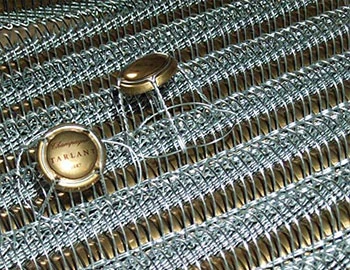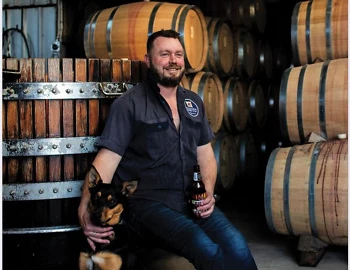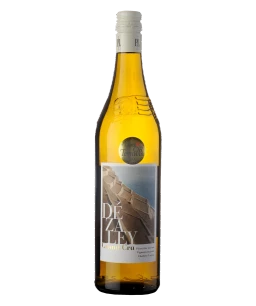Pierre-Luc Leyvraz
Pierre-Luc Leyvraz is often called the "King of Chasselas". That this definition is anything but exaggerated strikes you at the latest once you have tasted his Saint-Saphorin "Les Blassinges", marked by the terroir and very typical
The vineyard is cultivated according to the principles of integrated production (IP). The estate covers a total of 3.3 hectares divided into ten plots, each just a few hundred metres apart. They all belong to the area classified as a UNESCO World Heritage Site.
White wines from Pierre-Luc Leyvraz
from Pierre-Luc Leyvraz
The soils of the Lavaux area were formed about 25 million years ago. The thrust which, at the time, would definitively define the course of the Rhône and the location of Lake Geneva was formed through the Alpine folds. During the various successive glacial cycles, the glacier "planed" the slope and thus "corrected" its shape, while at the same time dragging away Alpine sediments deposited in the form of moraines. The material that makes up this soil has been lying here since the retreat of the last Rhone glacier, about 15,000 years ago. As early as the 10th century AD, Cistercian monks cleared the thickets on the steep slopes to plant the first vines. The rocks and stones left behind by the glacier were used to build the spectacular walls that still support the terraced vineyards of this estate today.
The soil composition varies slightly, but its high limestone content has always remained the same. It was during the 1950s that the first vines gave the name "Les Blassinges" to the estate. Today, the famous St-Saphorin "Les Blassinges" is composed of a subtle blend of Chasselas from different plots, but all grown in the heart of this appellation. In other words, a true "Grand Cru".

Producer

Azienda Agricola Pratello
In Padenghe sul Garda, a small medieval village at the south-western end of Lake Garda, lies the traditional but also progressive Azienda Agricola Pratello.

Tarlant
The Tarlant family can look back on a long family history, one that can be traced back to 1687. For almost three and a half centuries they have devoted themselves to viticulture in the Marne Valley in the Champagne region. But it was only after World War I that the first hugely successful Champagne Tarlant was created. Today, brothers Jean-Mary and Benoît operate the family-owned company.

Rusden Wines / Christine & Dennis Canute
RUSDEN WINES - At home in the New World, stylistically entirely in the Old World
In 1979 Christine and Dennis Canute bought 40 hectares of run-down vineyards on white sand and clay soil in the heart of the Barossa Valley. The original plan was to run the winery as a hobby alongside family and work.



